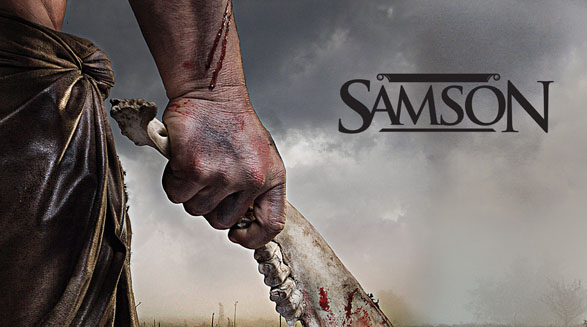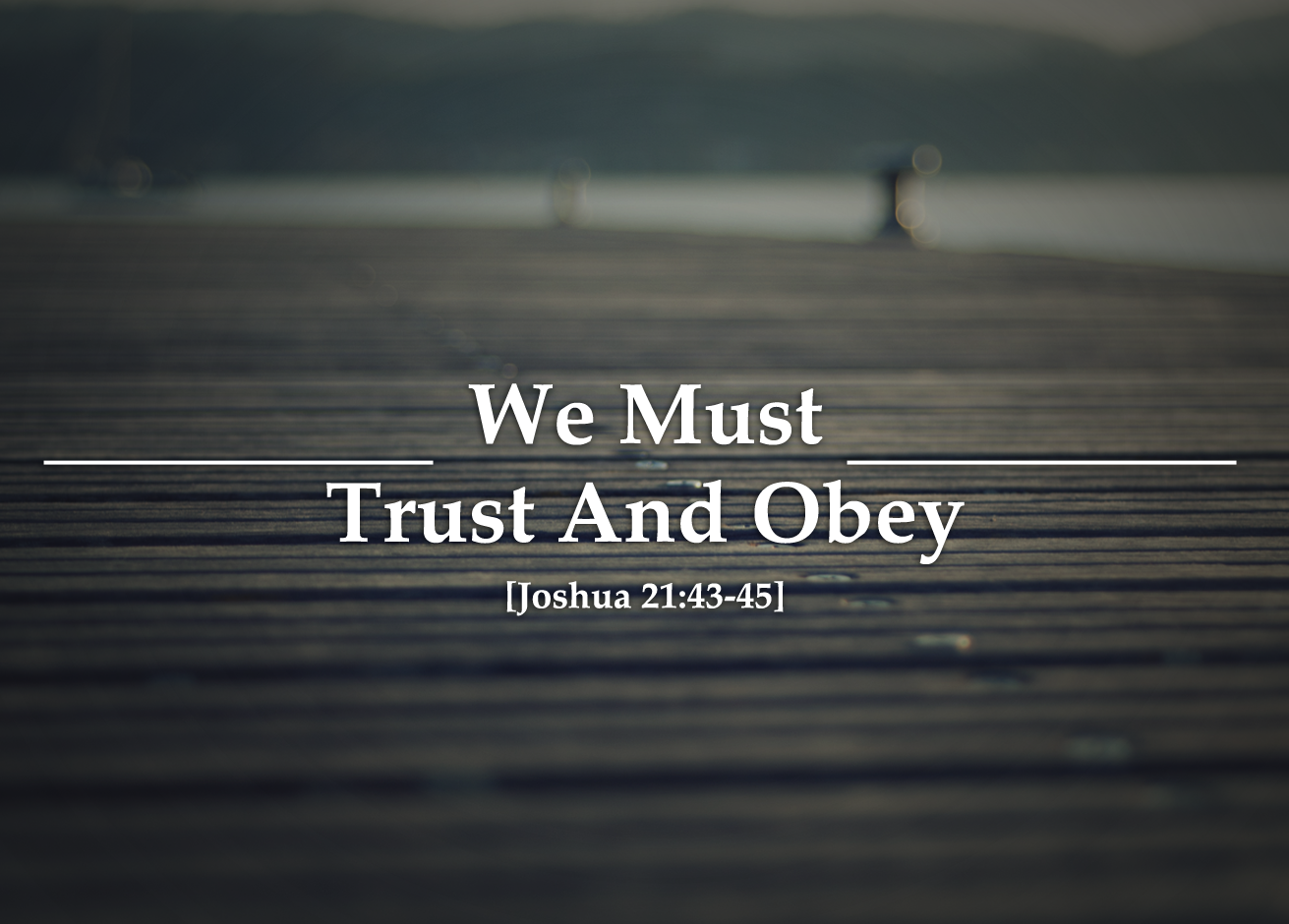Written by Fiona Monaghan Can we trust God to handle all the details in life? In the story of Micah (Judges 17&18) we see a man who trusted idols and things of this world to guide him. It is a common theme in the Old Testament.
God asks to be trusted and though the Israelites believed in the Almighty God, they still felt the need to have the local shrines and gods at their disposal for the everyday care of things.
Do we do the same in our world on a different level? We put bank accounts, education, people’s expectations of us etc., ahead of God and these things can become “little gods” to us.
False gods fail. That is their only truth. – Pastor Rex Hamilton
WE have created an idol when we let family, spouse, our busy schedules, or work become more important to us than God. God wants to be everything to us.
 He doesn’t want to be an afterthought- turned to only when everything else has failed. He wants to be first and foremost in our lives. He wants to be Provider, Savior, Best Friend…all of it. When He is truly in that place then we have the ability to prioritize all others in life correctly.
He doesn’t want to be an afterthought- turned to only when everything else has failed. He wants to be first and foremost in our lives. He wants to be Provider, Savior, Best Friend…all of it. When He is truly in that place then we have the ability to prioritize all others in life correctly.
Putting God first allows you to be a better parent because you recognize it doesn’t all depend on you. Be a better friend and allow God’s leading to show you how to treat friends and be supportive and not enabling.
If we live from the place of seeking God, then all others in our life will be taken care of appropriately. This was all God wanted from His people. He wanted them to seek Him with all heart, body, soul and mind and not depend on the ‘household gods’ for the everyday needs of life.
When God is made first in all things it is both crucial and profitable. How easily we slip into the mode of thinking that it is expected of us to do this by ourselves and only rely on Him for the ‘big stuff’.
Our part is to be obedient to His directions for our life. Patience and wisdom come with seeking Him, and knowing His ways through reading His Guidebook. This week, when you first open your eyes in the morning ask God to direct your steps today and together accomplish all that is set before you. Don’t just say it, mean it and watch God work in your week.
https://www.youtube.com/watch?v=t8Xtt-A0bYQ



 The Lord tells Samuel that a time of discipline is coming for the house of Eli. Many times God had warned Eli about the actions of his sons (known for being scoundrels and not respecting God or their duties as priests) yet they had persisted in their wayward actions. He had been patient, but now the consequences would follow.
The Lord tells Samuel that a time of discipline is coming for the house of Eli. Many times God had warned Eli about the actions of his sons (known for being scoundrels and not respecting God or their duties as priests) yet they had persisted in their wayward actions. He had been patient, but now the consequences would follow.

 We find Nehemiah in exile from his homeland, Judah (possibly being of the tribe of Judah,) and working for the Persian king, Artaxerxes. His served the king as a cupbearer which would have been quite a high position allowing him access to communicate directly with the king.
We find Nehemiah in exile from his homeland, Judah (possibly being of the tribe of Judah,) and working for the Persian king, Artaxerxes. His served the king as a cupbearer which would have been quite a high position allowing him access to communicate directly with the king. Judges begins Gideon’s story with him threshing wheat in a winepress – why would Gideon be separating the edible grain from the inedible chaff in a place used to make wine? Threshing wheat in a winepress conveys the idea of someone hiding and doing something in a place unexpected because usually threshing wheat would be done out in the open. Well, during this time the Israelites were being hounded by the Midianites (because once again they had turned from the Lord) who would rampage through the area, steal their food, their livestock and terrorizing everyone. So Gideon was hiding his crop from the Midianites hoping that it would be spared from pillaging.
Judges begins Gideon’s story with him threshing wheat in a winepress – why would Gideon be separating the edible grain from the inedible chaff in a place used to make wine? Threshing wheat in a winepress conveys the idea of someone hiding and doing something in a place unexpected because usually threshing wheat would be done out in the open. Well, during this time the Israelites were being hounded by the Midianites (because once again they had turned from the Lord) who would rampage through the area, steal their food, their livestock and terrorizing everyone. So Gideon was hiding his crop from the Midianites hoping that it would be spared from pillaging. He is directed to destroy the altar to Baal in his own father’s house and take down the Asherah fertility pole next to the altar. Then, make an offering of his dad’s prize bull on an altar with the wood from the fertility pole. He decides to do this at night with 10 servants to help. The next morning everyone in town is aghast! “Who did this thing?” They want his head on a stick. Funnily enough, his dad Joash steps up and states, “What is all the fuss about? What kind of god is Baal if he needs defending, let him fight his own battles!” Score 1 for Gideon!
He is directed to destroy the altar to Baal in his own father’s house and take down the Asherah fertility pole next to the altar. Then, make an offering of his dad’s prize bull on an altar with the wood from the fertility pole. He decides to do this at night with 10 servants to help. The next morning everyone in town is aghast! “Who did this thing?” They want his head on a stick. Funnily enough, his dad Joash steps up and states, “What is all the fuss about? What kind of god is Baal if he needs defending, let him fight his own battles!” Score 1 for Gideon! What questions do you have for God?
What questions do you have for God?
 One of the stories that I have recently been studying is the story of Deborah in Judges. At the beginning of her story the Israelite people were following the familiar cycle in the Old Testament, falling into disobedience once again and had begun to worship local gods forsaking their allegiance to the one true God of Moses. As a result, they had been allowed by God to be oppressed under Caananite rule for the past 20 years.
One of the stories that I have recently been studying is the story of Deborah in Judges. At the beginning of her story the Israelite people were following the familiar cycle in the Old Testament, falling into disobedience once again and had begun to worship local gods forsaking their allegiance to the one true God of Moses. As a result, they had been allowed by God to be oppressed under Caananite rule for the past 20 years.